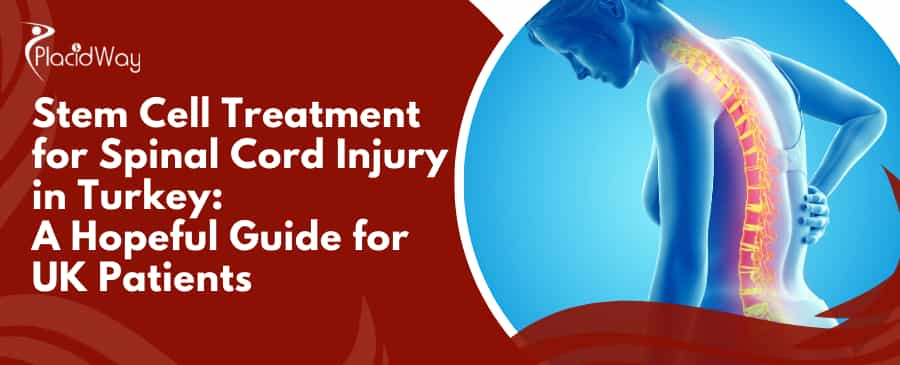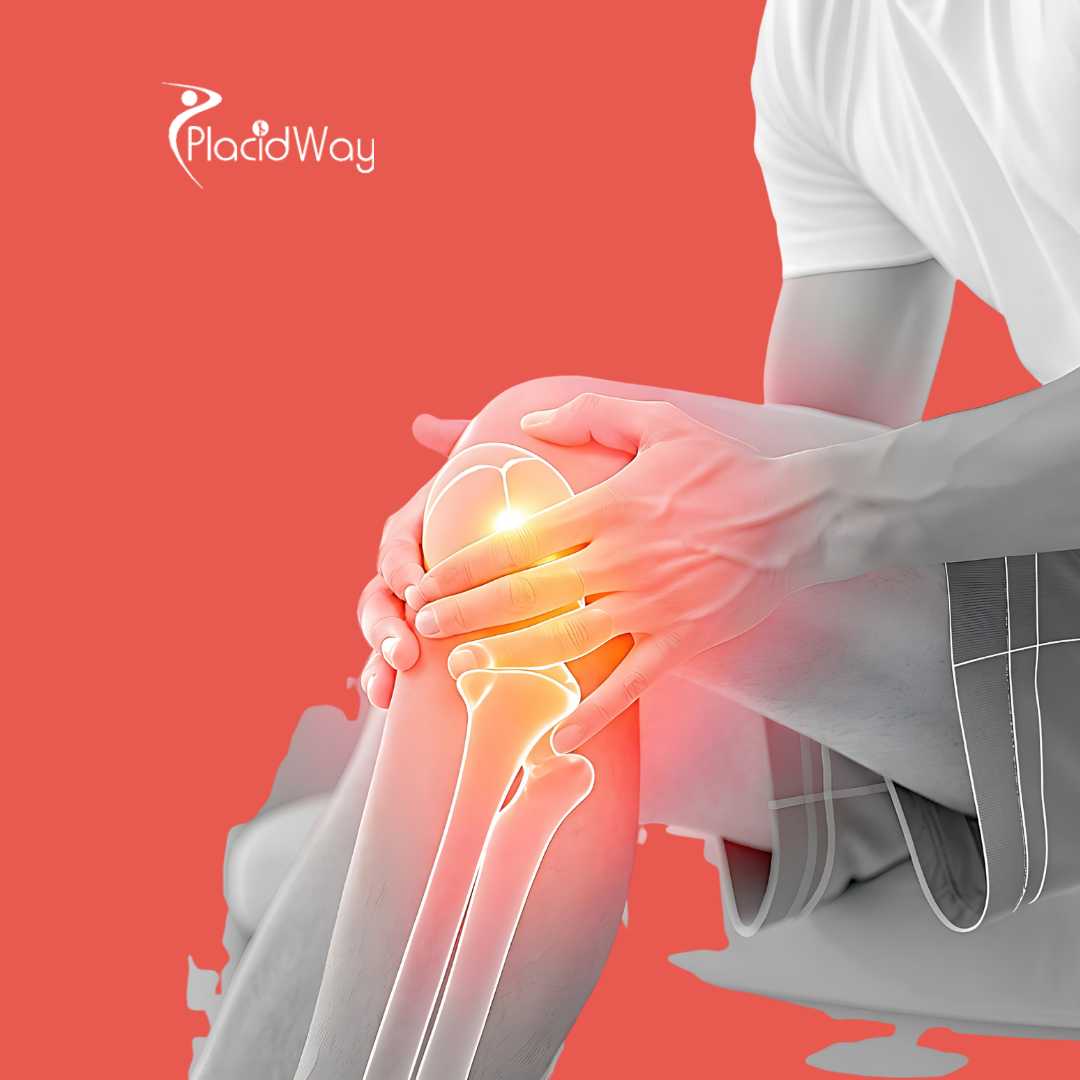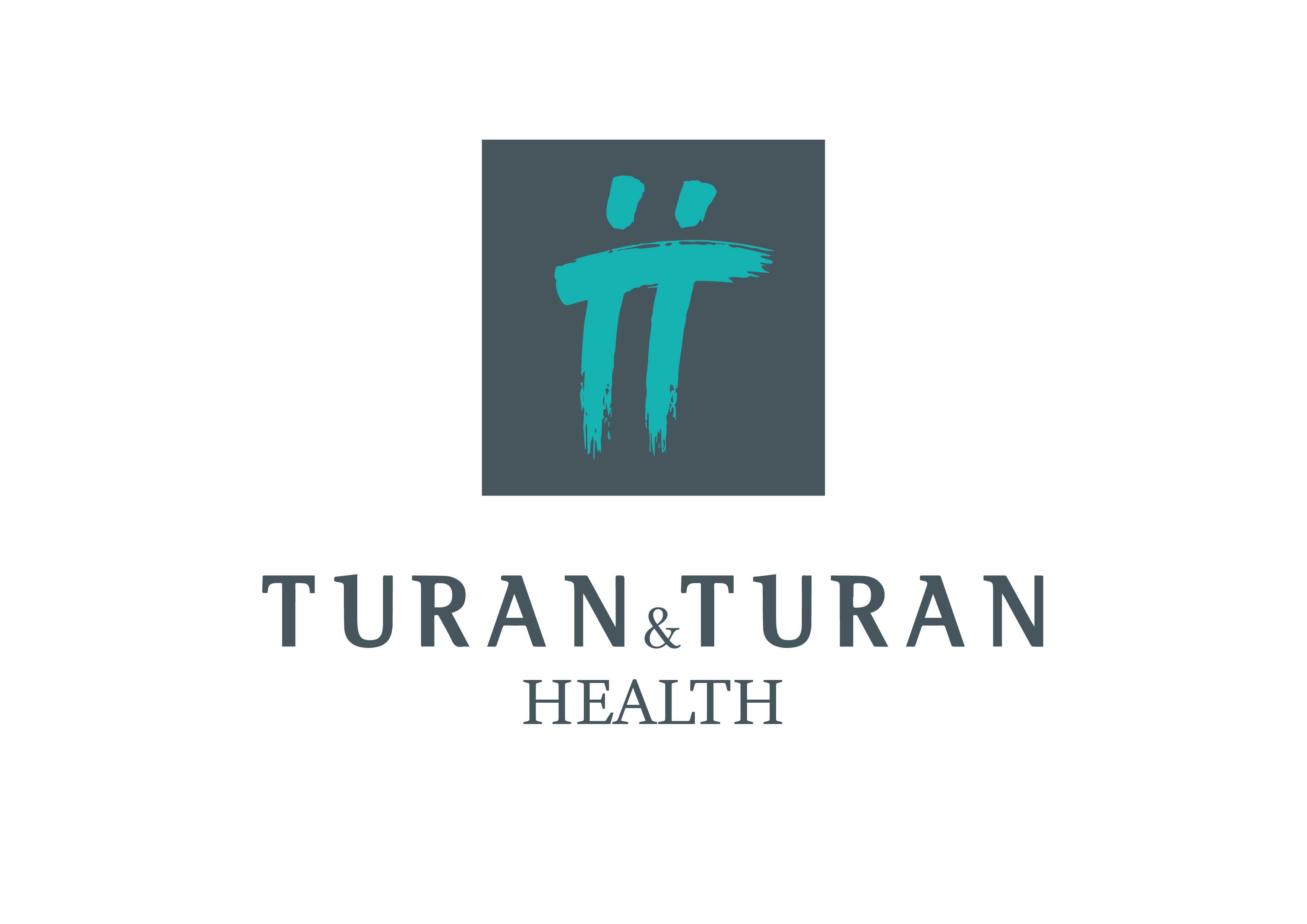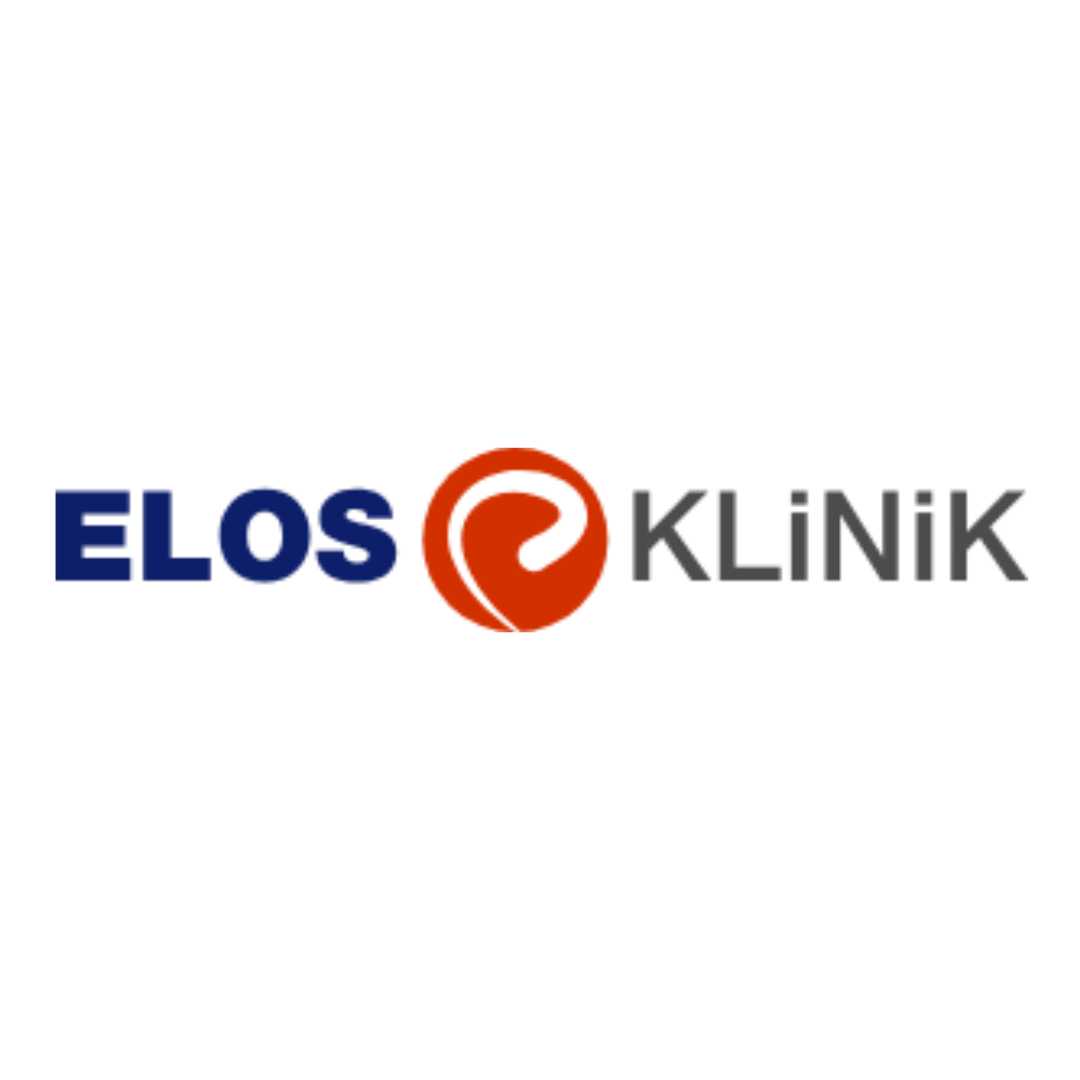
For individuals in the United Kingdom living with a spinal cord injury (SCI), the prospect of advanced medical treatments can offer a beacon of hope. In recent years, Turkey has emerged as a significant destination for medical tourism, particularly for cutting-edge procedures like stem cell therapy. This guide provides a comprehensive overview for UK patients considering this life-changing treatment in Turkey, covering everything from the science behind the therapy to the logistical and financial considerations.
Key Takeaways
-
Significant Cost Savings: UK patients can expect to save a substantial amount on stem cell therapy for spinal cord injury in Turkey compared to the costs in the UK and the US, without compromising on the quality of care.
-
Advanced Medical Infrastructure: Turkey boasts a growing number of internationally accredited hospitals equipped with the latest technology and staffed by highly skilled medical professionals specializing in regenerative medicine.
-
Comprehensive Treatment Packages: Many Turkish clinics offer all-inclusive packages for international patients, which often cover the medical procedure, accommodation, airport transfers, and translation services, simplifying the entire process.
-
Cost of Stem Cell Therapy for Spinal Cord Injury:
-
Turkey: Approximately $8,000 - $22,400
-
United Kingdom: Can range from £40,000 - £100,000 (approximately $50,000 - $125,000)
-
United States: Often exceeds $50,000 - $150,000
-
Mexico: $5,000 - $15,000
-
Understanding Stem Cell Therapy for Spinal Cord Injury
Stem cell therapy for spinal cord injury is a form of regenerative medicine that aims to repair damaged neural tissue, reduce inflammation, and improve motor and sensory function. This innovative treatment involves introducing new stem cells into the affected area to promote healing and regeneration from within.
A spinal cord injury disrupts the communication between the brain and the rest of the body, leading to varying degrees of paralysis and loss of sensation. Traditional treatments have focused on rehabilitation and managing symptoms. Stem cell therapy, however, offers a more proactive approach by addressing the underlying cellular damage. The goal is to replace damaged nerve cells, reduce the size of the spinal cord lesion, and create a more favorable environment for the body's natural healing processes to take effect.
Did You Know? The human body is constantly regenerating. Every day, old cells die and are replaced by new ones. Stem cells are the foundation of this process, with the unique ability to develop into many different cell types. In the context of a spinal cord injury, this remarkable adaptability is what makes them a promising therapeutic tool.
Types of Stem Cell Treatments Available in Turkey
Turkish medical facilities offer various types of stem cell therapies for spinal cord injuries, with the most common being Mesenchymal Stem Cells (MSCs). The specific type of stem cell and the method of administration are tailored to the individual patient's condition and the nature of their injury.
The field of stem cell research is dynamic, with several types of cells being investigated for their therapeutic potential. For UK patients considering treatment in Turkey, it's essential to understand the options available:
-
Mesenchymal Stem Cells (MSCs): These are adult stem cells that can be sourced from a patient's own bone marrow or adipose (fat) tissue, or from umbilical cord tissue. MSCs are known for their anti-inflammatory properties and their ability to secrete growth factors that support tissue repair.
-
Olfactory Ensheathing Cells (OECs): Found in the lining of the nose, these cells have shown promise in promoting the regrowth of nerve fibers.
-
Schwann Cells: These cells are crucial for the insulation of nerve fibers and can aid in their regeneration after an injury.
The administration of stem cells can be done through various methods, including intravenous (IV) infusion, intrathecal injection (into the spinal canal), or direct injection into the site of the injury. The chosen method will depend on the specific protocol of the treating hospital and the patient's individual needs.
The Candidacy for Stem Cell Therapy
Determining who is a suitable candidate for stem cell therapy is a critical first step and involves a thorough evaluation of the patient's medical history, the extent of their spinal cord injury, and their overall health. Not everyone with a spinal cord injury will be eligible for this treatment.
Clinics in Turkey will typically require a comprehensive medical assessment before accepting a patient for treatment. This may include:
-
Review of Medical Records: Detailed information about the spinal cord injury, including the level and severity of the injury, is crucial.
-
Imaging Scans: MRI and CT scans are used to visualize the spinal cord and assess the extent of the damage.
-
Neurological Examination: A thorough evaluation of motor and sensory function helps to establish a baseline for measuring potential improvements after treatment.
-
General Health Assessment: Patients must be in stable health to undergo the procedure. Any underlying medical conditions will need to be carefully considered.
It's important to have realistic expectations. While stem cell therapy has shown significant promise, it is not a guaranteed cure for spinal cord injury. The potential for improvement varies from person to person.
The Cost of Stem Cell Treatment in Turkey
One of the most significant advantages for UK patients seeking stem cell therapy in Turkey is the considerable cost savings. The price of treatment in Turkey is often a fraction of what it would be in the UK or the United States, making it a more accessible option for many.
The cost of stem cell therapy for spinal cord injury can vary widely depending on the clinic, the specific treatment protocol, and the duration of the hospital stay. Below is a comparative table to give you an idea of the potential costs.
What's Typically Included in a Turkish Treatment Package?
-
Initial consultations and medical evaluations
-
The stem cell procedure itself
-
Hospital stay
-
Medications and post-procedure care
-
Airport and clinic transfers
-
Translation services
What's Usually Not Included?
-
Airfare to and from Turkey
-
Visa fees (if applicable, though UK citizens generally don't need a visa for short stays)
-
Personal expenses
.png)
Navigating the Process: A Step-by-Step Guide for UK Patients
The journey to receiving stem cell treatment in Turkey can seem daunting, but with proper planning and the assistance of a reputable medical tourism facilitator like PlacidWay, the process can be smooth and stress-free.
-
Initial Research and Consultation: Begin by researching reputable clinics in Turkey that specialize in stem cell therapy for spinal cord injuries. Reach out to them for an initial online or phone consultation to discuss your case.
-
Medical Evaluation: You will be asked to provide your medical records and imaging scans for the Turkish medical team to review.
-
Treatment Plan and Quotation: If you are deemed a suitable candidate, you will receive a detailed treatment plan and a comprehensive cost estimate.
-
Travel Arrangements: Once you have accepted the treatment plan, you can proceed with booking your flights to Turkey. Many clinics will assist with arranging accommodation and local transportation.
-
Arrival and Pre-Treatment Preparations: Upon your arrival in Turkey, you will have further consultations with your doctors and undergo any necessary pre-treatment tests.
-
The Stem Cell Procedure: The procedure itself is typically minimally invasive and may take a few hours.
-
Post-Procedure Care and Rehabilitation: After the treatment, you will be monitored in the hospital for a period before being discharged. A crucial component of recovery is a dedicated rehabilitation program to maximize the potential benefits of the stem cell therapy.
Expert Insight: "The combination of advanced medical technology, experienced specialists, and the natural healing environment in many parts of Turkey makes it an attractive option for patients seeking regenerative therapies. The key is to work with a trusted partner who can guide you through every step of the process.
Recovery and Aftercare
Recovery from stem cell therapy is a gradual process, and a comprehensive rehabilitation program is essential to achieve the best possible outcomes. The stem cells continue to work and promote healing for several months after the initial treatment.
The immediate recovery period after the procedure is relatively short, with most patients being able to return to their daily activities within a few days. However, the real work begins with physical and occupational therapy. This is when the body learns to utilize any new neural connections that have been formed as a result of the stem cell therapy.
Your aftercare plan will likely include:
-
Intensive Physiotherapy: To improve muscle strength, coordination, and mobility.
-
Occupational Therapy: To help you regain independence in daily activities.
-
Follow-up Consultations: Regular check-ins with your medical team, which can often be done remotely once you return to the UK.
It's important to be patient and persistent with your rehabilitation. Improvements are often gradual and can continue to manifest for up to a year or more after the treatment.
Risks and Potential Benefits
Like any medical procedure, stem cell therapy carries both potential risks and significant benefits. It is crucial for patients to have a clear understanding of both before making a decision.
Potential Benefits:
-
Improved Motor Function: Enhanced muscle strength and control.
-
Increased Sensation: A return of feeling in areas where it was lost.
-
Better Bladder and Bowel Control: A significant improvement in quality of life.
-
Reduction in Chronic Pain: Alleviation of neuropathic pain associated with spinal cord injury.
-
Enhanced Overall Quality of Life: Greater independence and a more positive outlook.
Potential Risks:
-
Infection: As with any invasive procedure, there is a small risk of infection.
-
Immune Rejection: If donor cells are used, there is a possibility of the body rejecting them.
-
Tumor Formation: While rare, there is a theoretical risk of uncontrolled cell growth.
-
Lack of Efficacy: It's possible that the treatment may not result in the desired level of improvement.
Choosing a reputable clinic that adheres to strict safety and quality standards is the best way to minimize these risks.
.png)
FAQs: Your Questions Answered
Is stem cell therapy for spinal cord injury legal and regulated in Turkey?
Yes, stem cell therapy is legal in Turkey and is regulated by the Ministry of Health. Clinics and hospitals offering these treatments must adhere to strict guidelines and standards.
How long will I need to stay in Turkey for the treatment?
The recommended length of stay can vary, but most patients are advised to stay in Turkey for 1 to 3 weeks. This allows for pre-treatment consultations, the procedure itself, and initial post-procedure monitoring.
What is the success rate of stem cell therapy for spinal cord injury in Turkey?
Success rates can vary depending on the individual's condition, the severity of the injury, and the type of treatment. While there is no definitive "cure," many patients experience significant improvements in their motor and sensory functions. It's important to discuss realistic expectations with your doctor.
Can I use my own stem cells for the treatment?
Yes, in many cases, a patient's own (autologous) stem cells, typically sourced from bone marrow or adipose tissue, can be used. This eliminates the risk of immune rejection.
How soon can I expect to see results after the treatment?
Some patients may notice small improvements within a few weeks, but more significant changes often become apparent over several months as the stem cells continue to work and the body heals.
What kind of support is available for international patients in Turkey?
Reputable clinics in Turkey that cater to international patients typically provide comprehensive support services, including airport transfers, assistance with accommodation, and dedicated patient coordinators who can help with any logistical or personal needs during your stay.
Is it safe to travel to Turkey for medical treatment?
Turkey is a popular and generally safe destination for medical tourism. Major cities like Istanbul and Ankara have world-class medical facilities and are accustomed to welcoming international patients.
Take the Next Step with PlacidWay
Embarking on a medical journey to another country is a significant decision. PlacidWay is here to help you navigate every step with confidence. We can connect you with leading, accredited hospitals in Turkey that specialize in stem cell therapy for spinal cord injury. Our team is dedicated to providing you with all the information and support you need to make an informed choice about your healthcare.
Contact PlacidWay today for a free, no-obligation consultation and take the first step towards a more hopeful future.





.png)
.png)



.png)
.jpg)







Share this listing